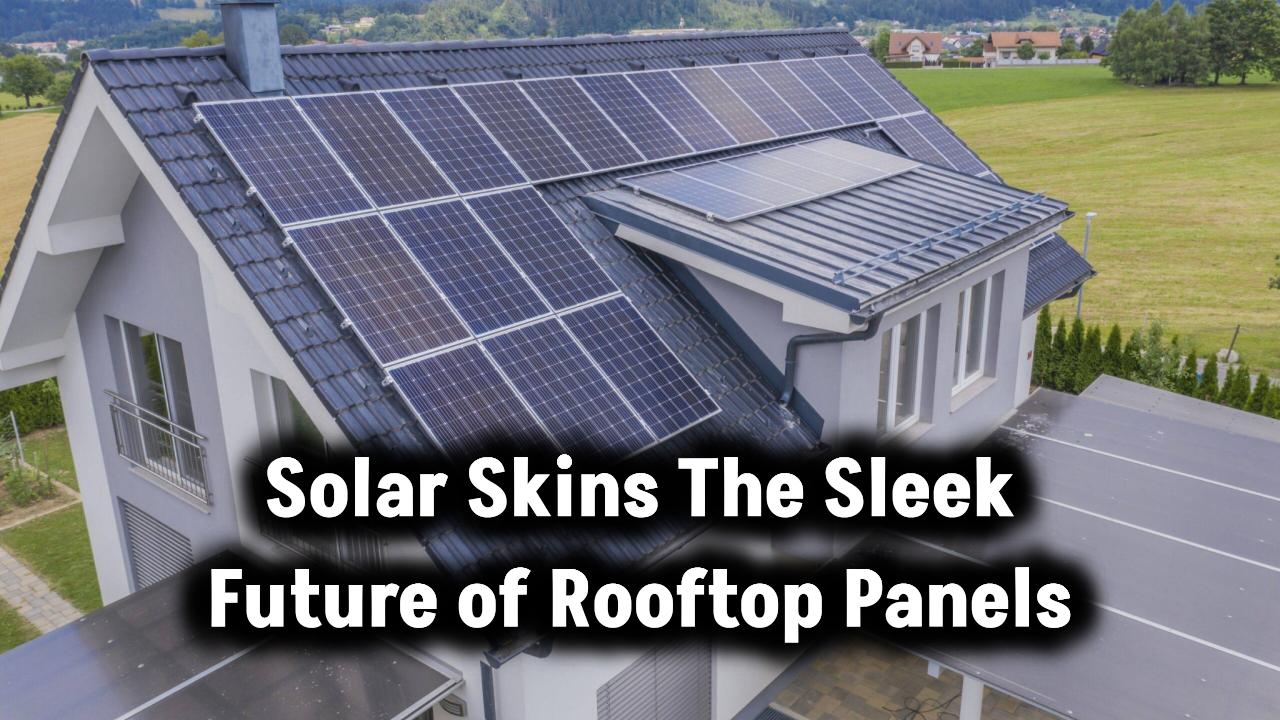
Illinois residents are rallying in support of bold clean energy legislation designed to transform the state’s power grid into a more reliable, affordable, and sustainable system. The Clean and Reliable Grid Affordability Act and related bills have garnered widespread backing from community members, environmental advocates, and policymakers alike. This public push highlights a growing demand for smart energy policies that address climate change, economic growth, and energy equity in Illinois.
In this article, we’ll break down what these clean energy bills propose, why they matter to Illinois residents and businesses, and how they aim to reshape the state’s energy future. Whether you’re an energy professional, policymaker, or simply a curious citizen, this guide will make complex energy legislation accessible and actionable.
Understanding Illinois’ Clean Energy Bills
What is the Clean and Reliable Grid Affordability Act?
The Clean and Reliable Grid Affordability Act (CRGAA) is a comprehensive legislative package designed to modernize Illinois’ electricity grid. Its goals include making energy more affordable for consumers, reducing the state’s carbon footprint, and supporting a reliable energy supply as new demands emerge, especially from booming sectors like data centers and artificial intelligence.
The Act consists of several key initiatives that together tackle various challenges of the energy sector:
- Solar Bill of Rights: Ensures fair access to solar energy for all residents and businesses, with special attention to low-income and environmental justice communities. This includes expanding community solar programs, which allow people who cannot install solar panels on their own property to benefit from solar energy.
- Illinois Storage for All: Allocates up to 25% of funds to encourage pairing solar power with energy storage systems. Storage is critical to balance the intermittent nature of solar energy by storing excess power and releasing it when the sun isn’t shining.
- Virtual Power Plant Program: Seeks to integrate distributed energy resources like rooftop solar, batteries, and demand response programs into a coordinated network that operates as a “virtual” power plant. This helps improve grid efficiency and reliability.
- Data Center Regulations: Recognizes that large data centers consume massive amounts of electricity. The Act mandates that these facilities develop clean energy resources to reduce grid strain and promote equitable energy use.
Why Are These Bills Important for Illinois?
Illinois faces rising energy demands and the urgent need to transition away from fossil fuels to meet climate goals. The increasing presence of large data centers, driven by artificial intelligence and cloud computing, adds pressure on the power grid. These clean energy bills aim to address these challenges head-on by:
- Reducing Energy Costs: The legislation is designed to save consumers an estimated $30 per month on electricity bills by improving grid efficiency and investing in modern energy technologies.
- Preventing Blackouts: By modernizing infrastructure and investing in storage, Illinois can avoid costly blackouts that historically have cost billions—up to $7 billion in recent estimates.
- Creating Jobs and Economic Growth: The clean energy sector is poised to generate up to $16 billion in economic activity by 2050 in Illinois alone, creating thousands of jobs from manufacturing to installation and maintenance of renewable energy systems.
- Promoting Equity: Expanding access to community solar and focusing on environmental justice communities ensures that the benefits of clean energy are shared widely, not just by wealthy households or corporations.
Step-by-Step Breakdown of the Clean Energy Initiatives
1. Solar Bill of Rights
Solar energy is one of the fastest-growing renewable sources in the U.S., but barriers remain for many residents, especially renters, those in shaded urban areas, or lower-income families.
The Solar Bill of Rights aims to:
- Guarantee transparent and fair rules for solar customers in all utility territories.
- Expand community solar programs so residents who can’t install panels get a chance to subscribe to solar energy projects.
- Support solar projects in low-income and environmental justice communities to reduce energy burdens and improve local air quality.
2. Illinois Storage for All
Solar and wind power depend on the weather, which means energy is not always available on demand. Energy storage — typically batteries — solves this by storing excess energy and releasing it when needed.
The legislation:
- Allocates up to 25% of funds toward grants and rebates for solar-plus-storage projects.
- Targets both residential and utility-scale storage to ensure grid stability.
- Encourages innovative projects that combine clean energy with storage technologies.
3. Virtual Power Plant Program
A virtual power plant (VPP) is a network of decentralized energy resources managed collectively to provide power like a traditional plant but with greater flexibility.
The program will:
- Coordinate distributed energy resources like rooftop solar, batteries, and demand response.
- Allow utilities and grid operators to call on these resources during peak demand or emergencies.
- Improve grid reliability and reduce the need for fossil fuel peaker plants.
4. Data Center Energy Regulations
Data centers are the backbone of the modern digital economy but consume vast amounts of electricity, often sourced from fossil fuels.
The Act requires:
- Large-scale data centers to develop or purchase clean energy resources.
- Measures to reduce their overall energy demand during peak grid times.
- Encouragement for data centers to participate in energy efficiency and grid support programs.
What Does This Mean for Illinois Residents and Businesses?
Energy Savings and Consumer Protection
Residents can expect lower energy bills thanks to improved grid management and increased clean energy adoption. The state aims to save customers about $30 every month, a significant relief for many households.
Job Creation and Economic Opportunities
The expansion of solar, storage, and grid modernization is expected to drive economic growth, with thousands of new jobs in clean energy sectors such as:
- Solar panel manufacturing and installation
- Battery production and maintenance
- Energy management and IT support for virtual power plants
- Environmental consulting and regulatory compliance
Environmental Benefits and Climate Leadership
By transitioning to cleaner energy and improving grid reliability, Illinois is poised to reduce greenhouse gas emissions significantly, helping the state meet and exceed its climate goals while improving air quality.
Illinois Considers Bold Clean Energy Package to Tackle Data Center Energy Demand
Heliup Powers Up 100 MW Lightweight Solar Panel Factory in France – Boost to Clean Manufacturing
Texas to Mandate Recycling of Retired Solar and Wind Projects – New Sustainability Push
(FAQs)
Q1: When will the Clean and Reliable Grid Affordability Act be passed?
A1: The Illinois legislative session is expected to conclude on May 31, 2025, with final discussions underway. Public support is strong, but the timing depends on legislative negotiations.
Q2: How can I participate in community solar projects?
A2: Many utilities and private companies in Illinois offer community solar subscriptions. Check with your local utility or the Illinois Clean Jobs Coalition for programs near you.
Q3: Will the bills increase my taxes?
A3: The legislation focuses on investment and modernization funded by a mix of grants, rebates, and private investments. The goal is to save money for consumers and create economic growth without raising taxes significantly.
Q4: Are these bills relevant for businesses?
A4: Yes. Businesses, especially those with high energy consumption like data centers, will have new requirements and opportunities to invest in clean energy and storage solutions, improving sustainability and cost savings.
Q5: How does energy storage help with grid reliability?
A5: Storage systems store excess energy during low-demand times and release it during peak demand, preventing blackouts and reducing reliance on polluting peaker plants.









